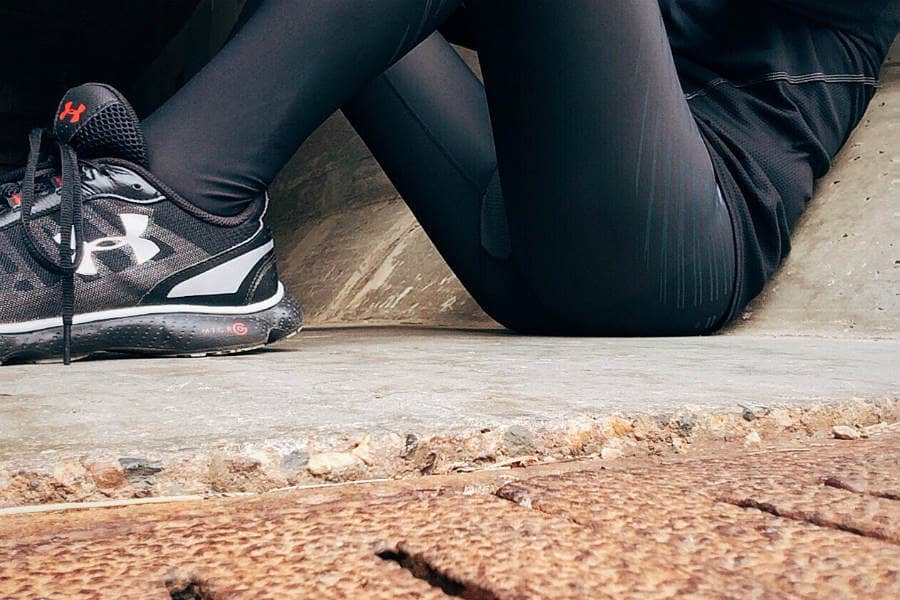
-
How Successful Are Total Knee Replacements in the First Three Years?
A frequently asked question about knee replacement centers on the success rates of the surgery. A British Study looked in the National Registry to determine revision surgery rates of 80,697 primary Total Knee Replacements between 2003 and 2006. This was an observational study and a revision for any reason (infection, loosening, instability, fracture) was the defined end point of the study. Observational studies have many limitations, but the numbers in this study still have some validity and some interest.
The overall primary knee replacement revision rate was 1.4% for cemented total prosthesis, 1.5 % for cement less total prosthesis, and 2.8% for uni compartmental prosthesis at three years. Patients younger than 55 years at the time of the primary TKR had the highest revision rate and those older than 75 years at the time of primary TKR had the lowest rates. Overall, this reports shows that revision rates in the first 3 years after knee replacements carried out in the NHS in England since April 2003 were low.
-
Does Sports Participation Adversely Affect Total Knee Durability?
The American Academy of Orthopedic Surgeons annual meeting was held in New Orleans last week. Paper 507 by surgeons from Mayo Clinic Rochester (including well respected Mark Pagnano, MD and Daniel J. Berry, MD) reviewed results of knee replacement patients that did not follow doctors orders and participated in heavy labor or high impact sports such as aerobics, football, soccer, baseball, basketball, jogging and power lifting.
Contrary to accepted doctrine, at an average 7 1/2 year followup the high activity group actually did BETTER than the restricted activity patient group, with higher knee rating scores and better knee function scores.
The authors were surprised by these findings. “We hypothesized that high-impact activities would not increase the risk of implant failure, but we did not foresee that such activities might actually improve clinical results”.
These finding are accompanied by, you guessed it, a disclaimer; The industry is not ready or able to revise activity recommendations after knee replacement, but that possibility may exist in the not too distant future. In the meantime, surgeons and patients should continue to follow all industry recommendations relating to recovery following joint replacement surgery.
-
Does Outpatient Physical Therapy Improve Functional Outcome After Total Knee Replacement?
One frequently asked question about total knee replacement seems to have been answered in a recent study. Quality of life and functional outcomes after total knee replacement are of great importance to both patients and surgeons. Mockford et al. studied 150 patients after knee replacement to determine the effect on range of motion and functional outcome. Patients in one group received NO physical therapy and the study group received 6 weeks of outpatient PT.
At one year followup there was no difference in knee function or range of motion.

Dr. Tarlow is the only Orthopedic Surgeon to limit his practice to encompass Adult Reconstruction and Sports Medicine for the diagnosis and treatment of knees. Dr. Tarlow’s practice focuses on excelling in the art of Knee Diagnosis and Surgery. He performs the full spectrum of Knee Surgery from Knee Arthroscopy, ACL Reconstruction, Patellar Stabilization and Cartilage Restoration to Makoplasty Partial Knee Replacement to Total Knee Replacement to Revision Total Knee Replacement. His focus is exceptional customer service and he endeavors to exceed the diverse expectations of his patients.


Leave a Reply